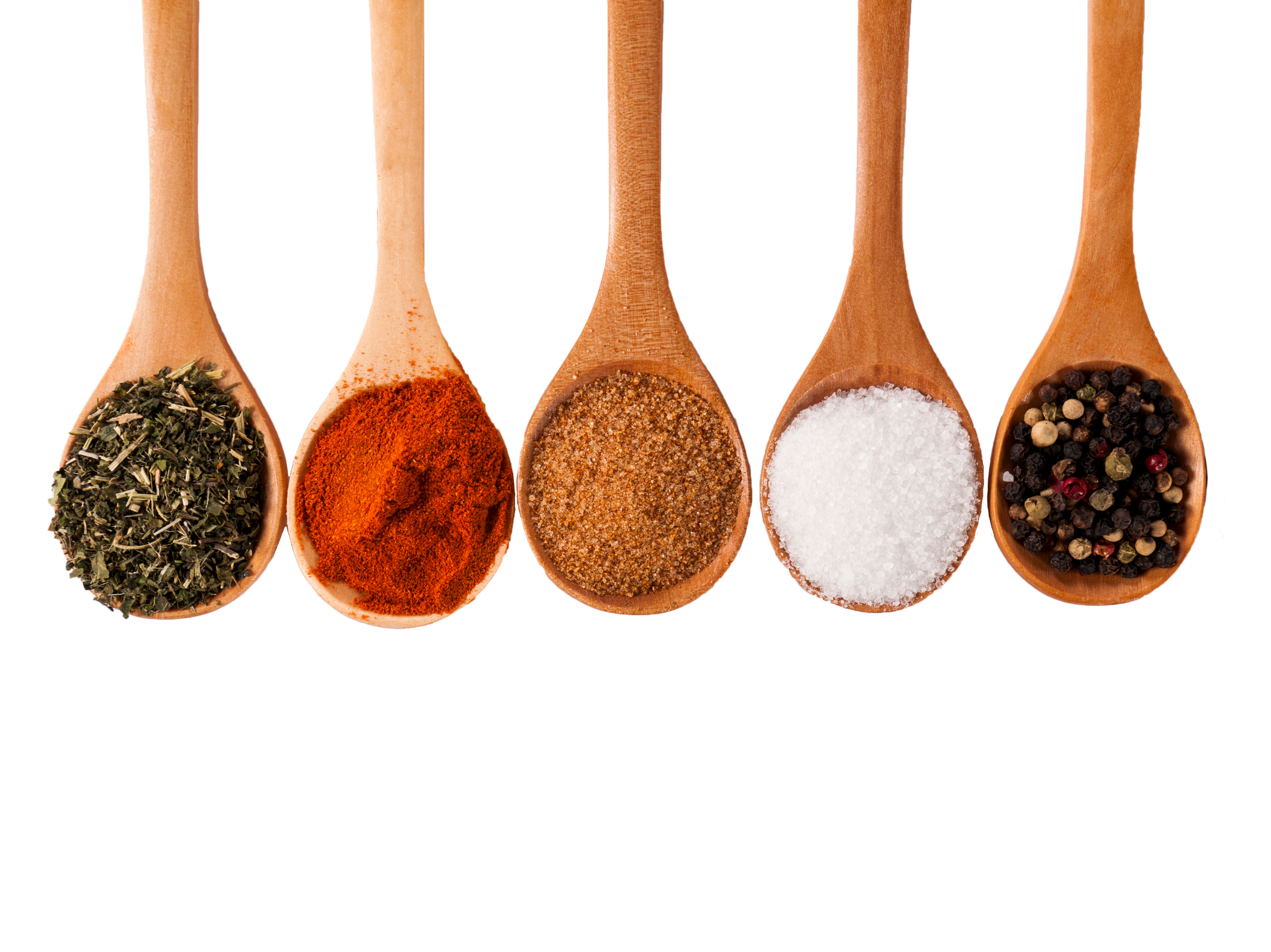
So winter is here and with it comes the prospect of flus, colds, achy joints and runny noses. Sounds delightful. What if there were foods that you can easily incorporate into your regular diet that will help boost your immunity to tackle the winter nasties?
Herbs and spices have been staples in medicinal and cooking preparations for millennia however we are just recently starting to scratch the surface to unlock their potential role in modern medicine. My top 5 condiments that you should be adding into meals and/or drinks to boost your immunity are:
Turmeric
Turmeric has been used since ancient times to add colour and flavour to meals, and in folk medicine for a wide range of ailments. The main active ingredient, curcumin, the yellow component of turmeric, is well known for its impact on inflammation, however some studies suggest that it may also have an impact on our immune system. Curcumin may have a positive effect on diabetes, cardiovascular disease and chronic arthritis. Add it to your soups, rice and curries.
Cinnamon
Cinnamon is a spice that has been used as an ingredient throughout history and was once so rare and valuable it was regarded as a gift fit for kings! From a health point of view, cinnamon is loaded with antioxidants, polyphenols in particular, that have anti-inflammatory effects and may be beneficial to improve insulin sensitivity and blood lipid levels, therefore playing a role in the management of Type 2 Diabetes and cardiovascular disease. Compounds within cinnamon have also been linked with a protective effect against neurodegenerative diseases such as Alzheimer’s and Parkinson’s disease. Add whole sticks to curries and stews and powdered cinnamon to your cereal or smoothie.
Garlic
Garlic has been known for its medicinal properties since ancient times and modern research is now supporting many health benefits of garlic. When the membrane of garlic is damaged, i.e. crushed chopped or chewed, allicin is formed which gives garlic its characteristic smell. Allicin is a potent compound that has antioxidant properties to effect blood pressure, blood lipid levels and mental health. Garlic has also strong anti-bacterial properties and may help boost the function of your immune system to help prevent you catching any nasties as well as reducing the severity of illness. Add it as a flavour base to all your staples such as stir fry, soup, roast, quiche and casseroles.
Ginger
Ginger is a spice that is closely related to turmeric. Ginger can be used fresh, powdered or as an oil and can be incorporated into many food preparations. Gingerol, the main bioactive oil in ginger, is a strong antioxidant which can be beneficial to protect cells against premature damage and has anti-cancer and anti-inflammatory properties. The anti-inflammatory effect of ginger can be support management of chronic joint pain seen in osteoarthritis, but also in metabolic conditions such as diabetes and cardiovascular disease. Ginger is famously known for its ability to relieve stomach troubles, namely nausea, reflux and vomiting, which can be particularly useful for women suffering from morning sickness. Gingerol has also shown to inhibit the growth of different types of harmful bacteria and viruses and so can have an immune-fighting role. Cook it in stir fries and soups or brew it with a cup of tea
Chilli
Chilli contains an active ingredient called capsaicin, and although there are many varieties of chillies, they all contain this special compound in varying quantities. Capsaicin has been shown to affect receptors in the mouth and intestines to regulate appetite and thermogenesis (the amount of energy burnt and released as heat). Chilli also contains a variety of antioxidants which can have an effect on inflammation, circulation, cancer growth, pain sensitivity and mental health. Try adding some fresh or dried chilli to your main meals but beware, too much or even a small amount of a really spicy chilli can cause discomfort so best to start with small dose and increase amount gradually as tolerated.
